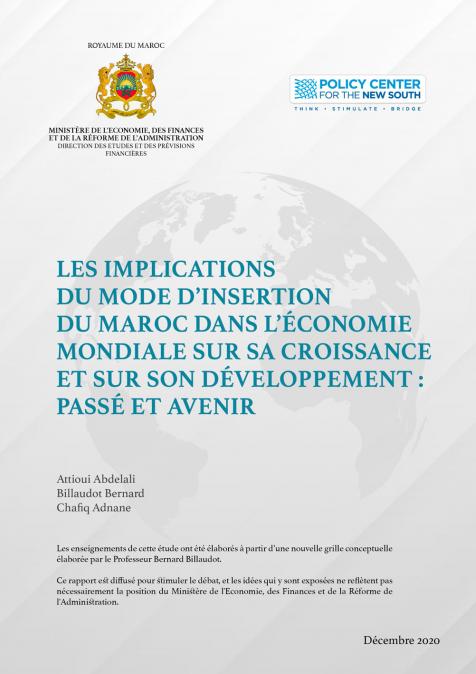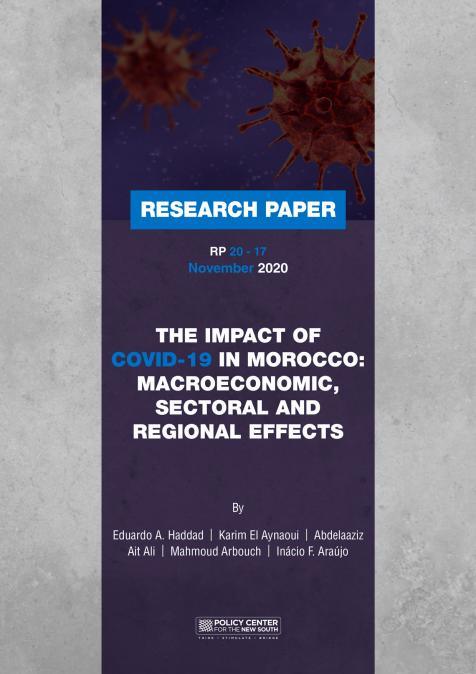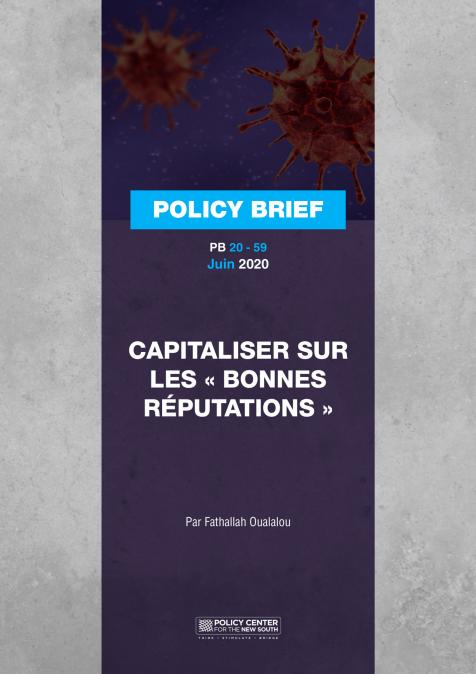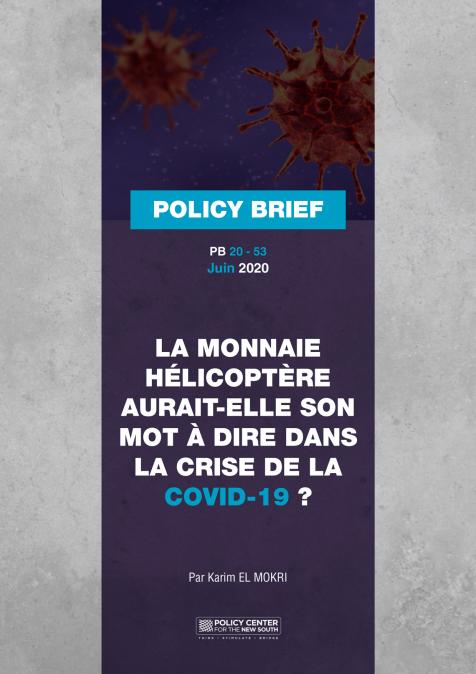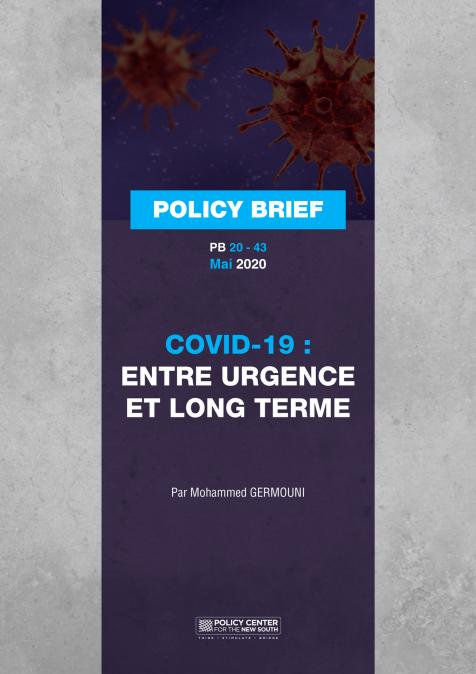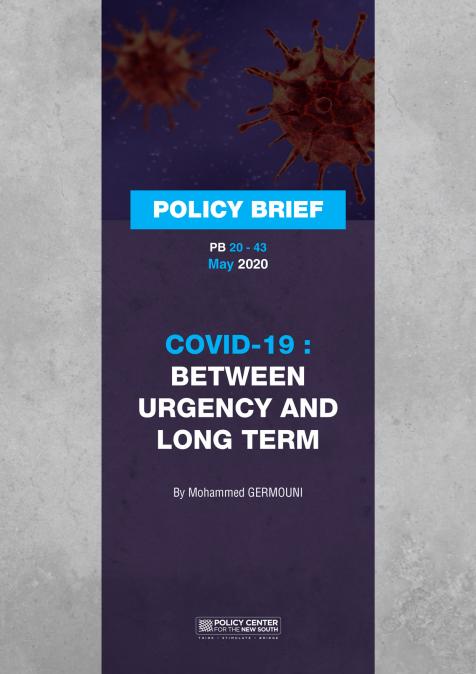Publications /
Opinion
The Policy Center for The New South (PCNS) joined an inter-institutional effort between the Ibero-American General Secretariat (SEGIB), the United Nations Development Program (UNDP) and the International Development Research Centre (IDRC) in an international research project called ‘’Purpose-driven companies and the regulation of the Fourth Sector in Ibero-America’’. As this project grew to cover countries outside of Ibero-America, the PCNS was invited to write a chapter about the Moroccan jurisdiction.
Purpose-Driven Companies are companies with dual business objective as they seek to be financially profitable, and tackle social and environmental issues at the same time. They play a significant role in advancing the 2030 Sustainable Development Goals (SDGs) but their development in the region is still constrained by regulations dedicated mainly for traditional companies that only aim to maximize profits in the short term. In this international research project, Morocco was included and an extensive body of documentation was gathered to find learnings about jurisdiction for Purpose-Driven companies in the country. The findings of this case study comes in a broader vision of creating a public impetus through appropriate policies and regulations for a fairer, more resilient and sustainable business sector.
What is the Fourth Sector and Why is the Regulation of Purpose-driven Companies Important Now More Than Ever?
In the last decade, companies were considered to be a major vector of progress and key drivers of human prosperity. The Covid-19 pandemic is now reshuffling the cards and leading people to question the role of companies in the well-being of citizens and their impact on the environment. This is becoming an even bigger concern following the advent of globalized crises such as epidemic outbreaks, climate change and economic recessions with long-lasting social and environmental damages. Citizens are now warier and vigilant about companies’ societal impacts in their pursuit of profit. In countries where the aforementioned citizen sensitivity has matured, purpose has become an important component in building trust and shared values between companies, their employees and customers. The fourth sector known for being the umbrella of private, public and non-profit organizations that combines market-based approaches with social and environmental concerns, is now helping to circumvent these adverse trends of commercial behavior while addressing the world’s most pressing issues by leading companies toward ‘’purpose’’ in their profit-making journey. However, in many countries of the Global South, the fourth sector still suffers from a lack of a suitable legal framework that can enable new and pre-existing profit companies to pursue a social or environmental purpose. In some cases, purpose driven companies and related practices exist without any formal recognition and accompanying legal basis
Companies and ‘’Purpose’’ in Morocco: Different Practices and Specific Regulations
In Morocco, companies that choose to respond to a specific issue or a societal challenge and make it a source of assumed profit are considered as Social Enterprises. They are mainly small businesses held by young entrepreneurs and are perceived by the Moroccan authorities as classic for-profit businesses or NGOs. When they are created, they are registered under a legal status of a classic enterprise or a for-profit company[1] and do not benefit from any tax cuts or supporting incentives. But despite this lack of formal support from the authorities and financial institutions, the government has recently made a breakthrough with legalizing crowdfunding in 2019 which is likely to help small purpose-driven companies like social enterprises to emerge and gain in terms of legitimacy by raising funds for their capital investment or their Working Capital Requirements.
Besides Social Enterprises, corporate companies in Morocco are also driving ‘’purpose’’ through the creation of ‘’Associations Recognized of Public Utility[2]’’ . These organizations implement an extra-financial engagement that does not represent a response to a specific social or environmental issue, but is rather a corporate citizenship pact that contributes to the social and economic development of the country through the implementation of programs and community development projects. The pursuit of a ‘’purpose’’ with a societal dimension therefore falls outside the company’s sector of activity and does not constitute a core of its profit business model. These associations operate like private companies with a well-defined governance policy, benefit from large financial resources and are often registered in the form of an association or a foundation which usually bears the name of the parent company with which it maintains organic relations.
Moroccan Corporations and the Covid-19: It’s Time to Move From ‘’Solidarity’’ to ‘’Purpose’’ !
After the Covid-19 outbreak, Moroccan major private companies spared no efforts in the fight against Covid-19 by generously donating to a special fund created by the His Majesty The King Mohammed VI and implemented by Moroccan authorities to mitigate the social and economic impacts of the pandemic in a context marked by the absence of a legal framework for purpose-driven-companies. Legislators need to invest more effort in the coming years to upgrade the regulation of the fourth sector to enhance organizations to embed ‘’purpose’’ in their core business especially after the increasing sensitivity of the Moroccan consumers toward the social and environmental impact of national companies. Legislators should push corporations to shift their focus from financial profit to meeting the new expectations of economic stakeholders (employees, consumers, investors, business partners) while creating a supportive legal ecosystem for an emerging fourth sector.
[1] The Moroccan legislator clearly separates the status of enterprises between the commercial sector and the social and solidarity economy sector.
[2] These nonprofit associations are governed by the law of Public Liberties and are an integral part of the ecosystem of civil society organizations and the Social and Solidarity Economy.


